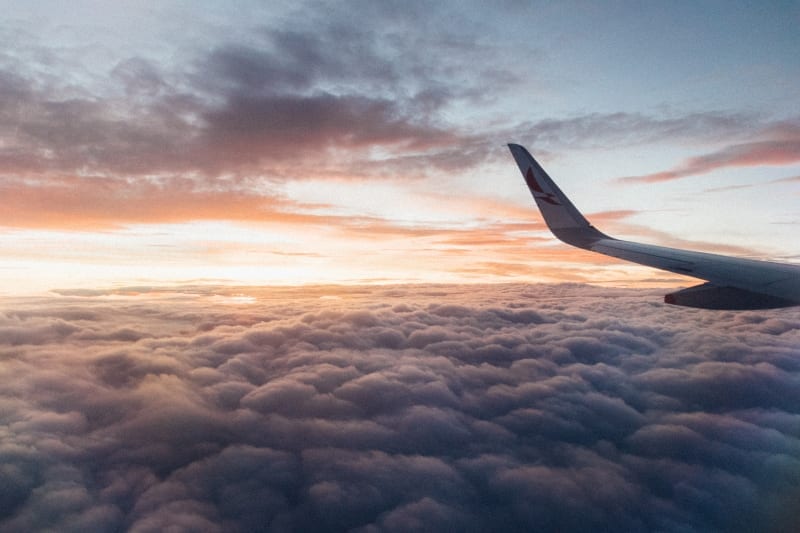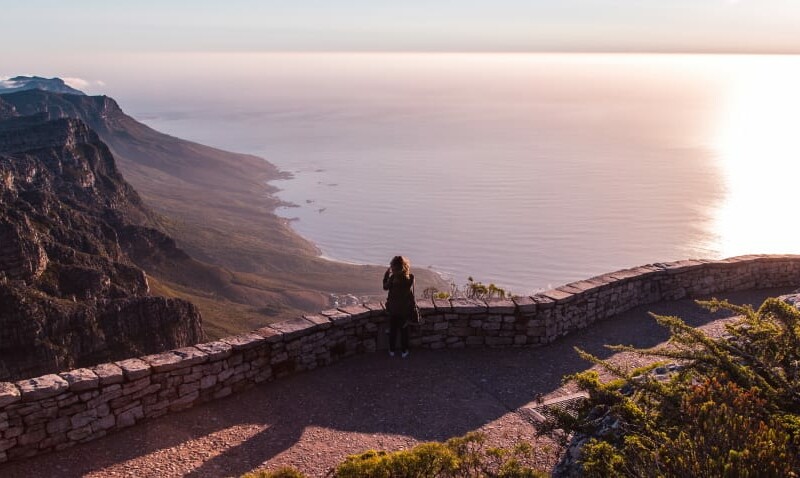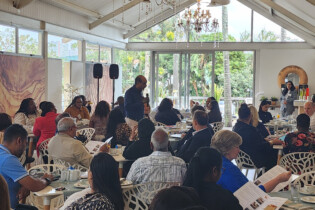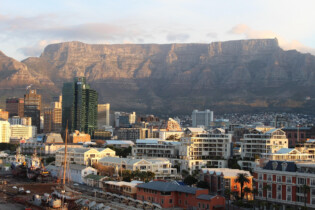On 09 June 2020, the Tourism Business Council of South Africa (TBCSA) presented its Tourism Recovery Strategy to Parliament’s Portfolio Committee on Tourism. The data-driven Tourism Recovery Strategy argues for an earlier phased reopening of international tourism to South Africa, from as soon as September 2020.
Many experts have predicted a peak in COVID-19 infections in September – a point which the Tourism Portfolio Committee raised. TBCSA responded by emphasizing that the reopening would depend on the roll-out of stringent yet practical health-focused protocols by the travel and tourism value-chain, to safeguard their staff and guests. (Read the latest TBCSA tourism protocols here.)
The presentation was an important step in the private-public collaboration that stakeholders have agreed is needed for tourism to reopen and contribute to South Africa’s economic and job creation prospects.
“Tourism is a vital sector to South Africa’s economy and accounts for 1.5 million jobs, many of those employed are young people.”
“We acknowledge the good work being done by Government to get tourism back on track,” says Tshifhiwa Tshivhengwa, TBCSA CEO. “Tourism is a vital sector to South Africa’s economy and accounts for 1.5 million jobs, many of those employed are young people. By nature of tourism’s value chain, there are also significant benefits to other parts of the economy when tourism reopens. We are committed to doing this safely.”
The recovery strategy also proposes a phased re-opening, which has been described as a “calculated, driven, aggressive and gradual” re-entry of tourism into the economy. This is essential if South Africa is to save 1.2 million jobs directly and indirectly linked to tourism – many of which are in rural areas.

The limited resumption of business travel in Level 3 of lockdown has been an opportunity to showcase the efforts and commitment that all aspects of the tourism value chain have made in developing and implementing protocols to instill confidence in the industry’s ability to deliver a safe environment for tourism activities.
“As we see elsewhere in the world, the opening of domestic tourism is the first phase in ensuring that tourism starts to open slowly and leads the way in launching the various components in the tourism value chain. Business travel is the largest component in the formal travel industry. Its reopening provides us with an opportunity to see how we can further open domestic leisure within the context of the protocols in the very near future,” explains Tshivhengwa.
The recovery plan includes:
- An initial 6-8-week Preparation Phase.
- A Phase 1 trial where safe source markets with similar risk profiles and stages of pandemic would be allowed to travel to South Africa (much like the concept of ‘travel bubbles’). Travelers from these markets would be vetted, stringent safety protocols would be in place. and the focus would be on low-contact product and low-risk areas.
- In Phase 2, South Africa would open up to more key markets, and expand the experiences on offer.
- Phase 3 would see air access opened fully and the country would be able to restart its longer-term growth strategy.
Overall, the presentation was well received and many committee members acknowledged the importance of the industry. One concern was the lack of transformation in the sector, and it was agreed that this was an issue that needs to be addressed in the future.
“If we do not protect the value chain, it’s going to be very difficult to reinstate it. And, if we do not do something soon, there are too many companies that will be beyond the point of no return.”
Tshivhengwa added, “We receive calls every day from tourism companies which are on the brink of having to retrench staff or close down. We have many, many jobs to protect in tourism. If we do not protect the value chain, it’s going to be very difficult to reinstate it. And, if we do not do something soon, there are too many companies that will be beyond the point of no return.
“We are committed to a safe and responsible plan to reopening our tourism sector. We know that the public sector, and our private-sector tourism stakeholders are all equally as committed to this goal. This is our sector.”







